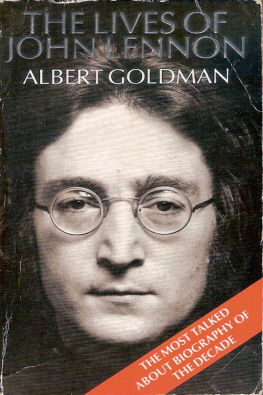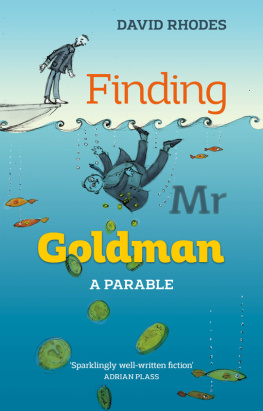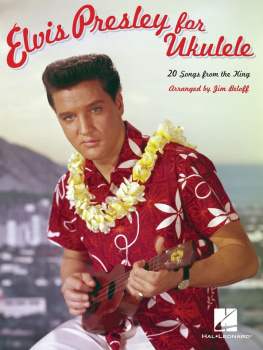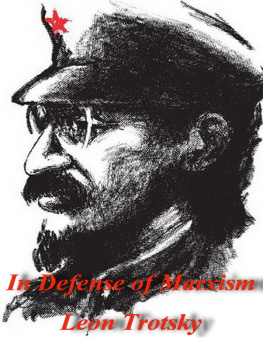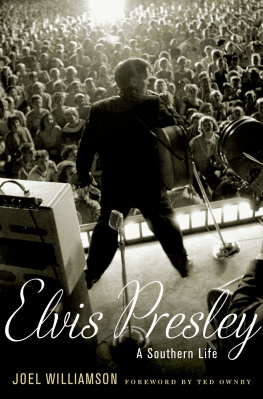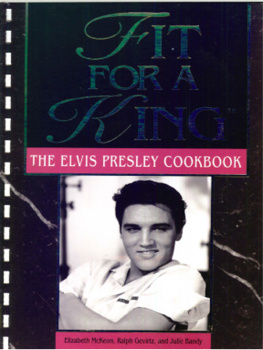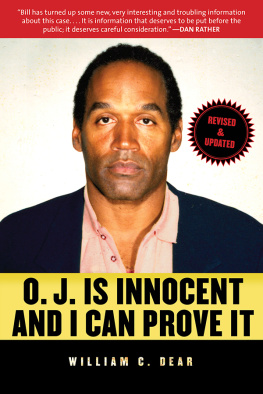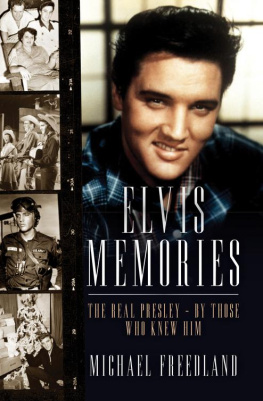Albert Goldman - Elvis
Here you can read online Albert Goldman - Elvis full text of the book (entire story) in english for free. Download pdf and epub, get meaning, cover and reviews about this ebook. year: 1981, publisher: McGraw-Hill, genre: Detective and thriller. Description of the work, (preface) as well as reviews are available. Best literature library LitArk.com created for fans of good reading and offers a wide selection of genres:
Romance novel
Science fiction
Adventure
Detective
Science
History
Home and family
Prose
Art
Politics
Computer
Non-fiction
Religion
Business
Children
Humor
Choose a favorite category and find really read worthwhile books. Enjoy immersion in the world of imagination, feel the emotions of the characters or learn something new for yourself, make an fascinating discovery.
- Book:Elvis
- Author:
- Publisher:McGraw-Hill
- Genre:
- Year:1981
- Rating:4 / 5
- Favourites:Add to favourites
- Your mark:
- 80
- 1
- 2
- 3
- 4
- 5
Elvis: summary, description and annotation
We offer to read an annotation, description, summary or preface (depends on what the author of the book "Elvis" wrote himself). If you haven't found the necessary information about the book — write in the comments, we will try to find it.
Elvis — read online for free the complete book (whole text) full work
Below is the text of the book, divided by pages. System saving the place of the last page read, allows you to conveniently read the book "Elvis" online for free, without having to search again every time where you left off. Put a bookmark, and you can go to the page where you finished reading at any time.
Font size:
Interval:
Bookmark:

ALTHOUGH democracy is ostensibly the opposite of monarchy, the mass culture that is American democracy has betrayed in every age a deep atavistic yearning for royalty. From the days of King Andrew Jackson to those of the Kingfish, Huey Long; from the era of the Robber Barons to the age of the movie kings and queens; from the first black demagogues, Marcus Garvey and Father Divine, to the Prophet, Elijah Muhammad; from the earliest Mafia chieftains to the bowing, kneeling and hand-kissing of The Godfather; from the regal F.D.R. to the Imperial Presidency of John F. Kennedy to the Great Pretender, Richard Nixon (who ordered the White House police costumed in the Graustarkian uniforms of European palace guards), Americans have fulfilled their craving for royalty and the trappings of royalty in so many ways that the impulse to set up kings and worship them must be reckoned one of the basic features of the national character. In this long history of infatuation with self-anointed but indubitably powerful and charismatic sovereigns, no figure looms larger than Elvis Aron Presley.
Elvis received his title, King of Rock n Roll, as early, as naturally as any hereditary monarch. For many years, however, he comported himself less like a king than a prince: one of those spoiled Arab princelings who throw around their money and recruit their harems in Hollywood or St. Tropez, until the sad day comes when they are summoned home to assume their duties as chief of the tribe. It was not until the decade of the seventies that Elvis finally laid claim to his royal prerogatives, the tardiness of his coronation being balanced by the extravagance of the ceremony. Once the King felt the crown upon his brow, he could not have enough of the perquisites of royalty, each new claim to princely prerogative or assertion of kingly privilege leading immediately to an even more audacious feat of self-aggrandizement. As King Elvis contrived his costumes and elaborated his rituals, as he enlarged his court and extended his largesse, as he viewed himself even more fixedly as a man with a vast if ill-defined mission, his people responded by according him more and more of the honor and glory owing to a king. The immense crowds that gathered everywhere he appeared, the fanatical devotion, amounting to worship, with which he was adored, the mad passion to make contact with the royal bodya mania he sought to gratify by tossing sweat-stained scarves to the peoplemake it obvious that his regal posturings were as much a fulfillment of his publics deepest longings as they were expressions of his own megalomania.
An American king, Elvis saw his empire extend around the globe, until it comprised even the remotest regions, the most exotic peoples. In fact, he inspired even greater enthusiasm and awe in other countries than he did at home because foreigners did not recognize any faults in his title, any limits to his vaunted powers or any rival claimants to his throne. Consequently, the exalted status which Elvis enjoyed the world around varied only as local customs vary in the treatment of such an extraordinary being. If the English celebrated him with racy pop journalism, as they do their own royal family, the Germans feted him by founding learned journals and publishing Festschriften packed with historical minutiae. If the Russians denounced him as a symbol of the corrupt and corrupting culture of the West, the oriental nations acclaimed him as the ideal figure of that American civilization they were so eager to emulate and assimilate. Not since the great days of Charlie Chaplin has any solo performer attained such universal popularity. At the time of his death in 1977, Elvis Presleys was the second most commonly reproduced image in the world. The first was Mickey Mouse.
Implicit in the image of the King was always the suggestion of the Messiah. Though Elvis was wont to say, There is but one King, even the fact that he felt obliged to make the disclaimer is revealing. It illustrates, once again, the profound harmony that existed between Elviss deepest, most gratifying self-imagein this case as a divinely appointed Messenger, Master or Chosen Oneand the yearnings of his public: those millions of faith-starved souls perpetually in search of a cult or a charismatic figure who can gratify their yearning for spiritual enlargement and fulfillment. Ironically, Elvis was just such a person himself. His own original disciple, he was the first to identify his sudden and overwhelming success as a product of divine, not merely mortal favor. Having recognized himself as one of those awesome beings who appear only once in a millennium to give a wholly new inspiration to their civilization, it was only a matter of time until he began to allow this illumination to show forth in his public manner and dress. Indeed, nothing is more apparent in Elviss final phase than the religious aura in which he sought to cloak himself, straining after even the most extravagant effects, up to and including transfiguration.
In this climactic period, he chose as his entrance theme the apocalyptic opening bars of Richard Strausss Also Sprach Zarathustra, a music that invested the Kings appearance with an air of sublimity, as of the arrival of the Superman. Striding onstage in a vast coliseum holding as many as eighty thousand souls, he would stand for a moment, caught in the intersecting beams of the great Zeppelin searchlights, allowing the masses to drink in the majesty of his appearance. Clad always in white, studded and gauded with flashing jewels and metals, he gleamed as if lit from within by some preternatural radiance.
The famous costume, which commenced its evolution as little more than a stunning male negligee, had been elaborated through countless subsequent designs into a regalia. The originally abstract decorative patterns had come to focus in boldly totemic images: an orange and black tiger, a gold and blue peacock, a Mayan stone calendar, an Aztec pyramid, a triadic rainbowevery costume the King wore was fraught with meaning for his devotees. Finally, on the occasion of his greatest appearance, on the Satellite Showthe televised performance destined for an audience equivalent to half the population of the entire worldElvis demanded and received the full regalia. From that time forth, he wore a high Napoleonic collar; a short but voluminous Elizabethan cape; a broad, massively buckled gladiators belt; and on his chest stood rampant a crimson, gold and azure eagle. Behold His Royal and Imperial American Highness!
The private life of the Rock King conformed as closely to the royal model as did his public presence. Around his throne flocked all the familiar types found in every court: fawning lackeys, fearless bodyguards, Jealous minions, feeble-minded fools, earnest petitioners, impoverished kinsman, grasping tradesmen and even grieving mothers, bringing their sick children to be healed by the Kings touch. King Elvis had his bustling majordomo, his privileged jester, his court musicians, his conscience soothing confessor, his minister of the exchequer, his household physician and his royal goldsmith, who traveled everywhere with the King, carrying boxes of costly baubles which his master would distribute to favorites or to strangers, according to his whim. Needless to say, the King had countless concubines: poor but beautiful girls of compliant temper, dazzled by his princely glamour and munificence. Also, in every period, there was one woman, the declared mistress, as she would have been called at the court of Louis XIV, who was recognized as the special favorite and treated with appropriate respect. Above all, the Rock King, like many a famous monarch, had a sinister chief minister, a scheming grand vizier, well armed with palace spies and an infallible sense of the Kings weaknesses, who spent his life enriching himself at the Kings expense, while manipulating his master like a puppet.
Font size:
Interval:
Bookmark:
Similar books «Elvis»
Look at similar books to Elvis. We have selected literature similar in name and meaning in the hope of providing readers with more options to find new, interesting, not yet read works.
Discussion, reviews of the book Elvis and just readers' own opinions. Leave your comments, write what you think about the work, its meaning or the main characters. Specify what exactly you liked and what you didn't like, and why you think so.


